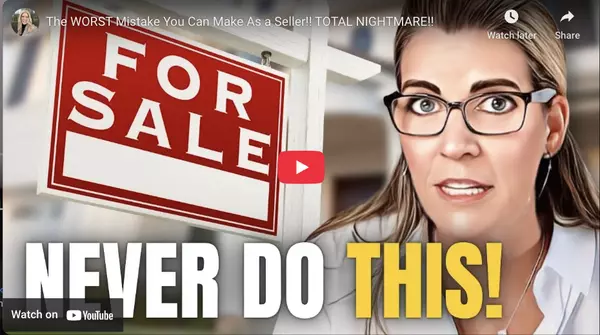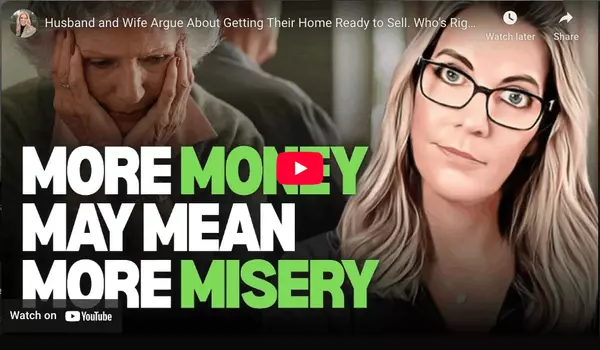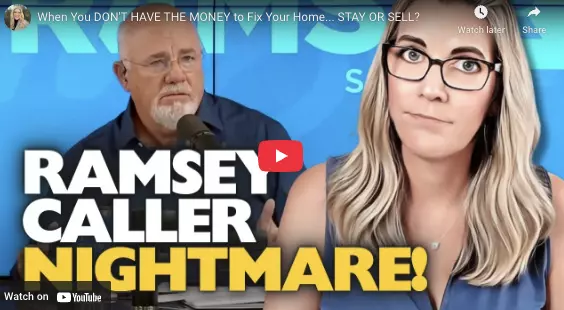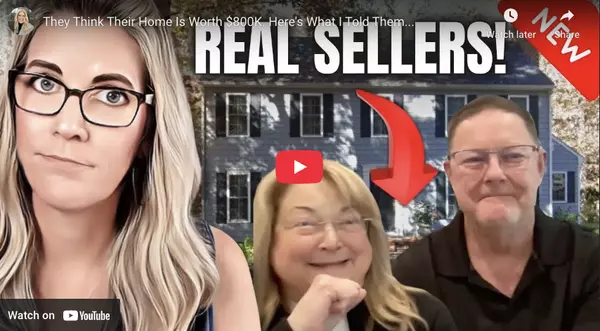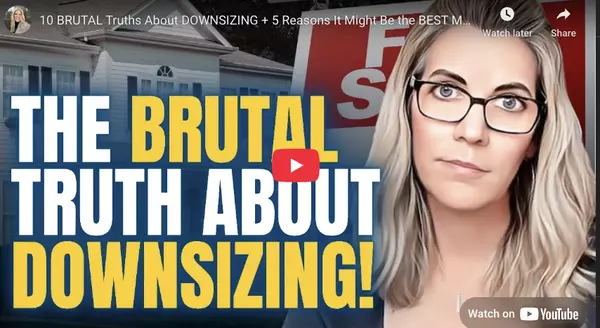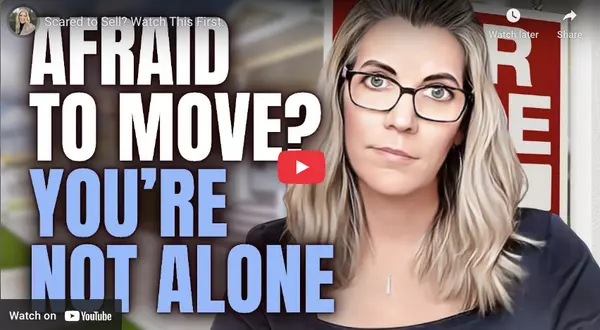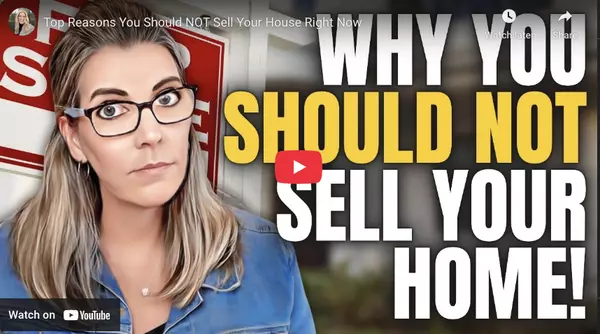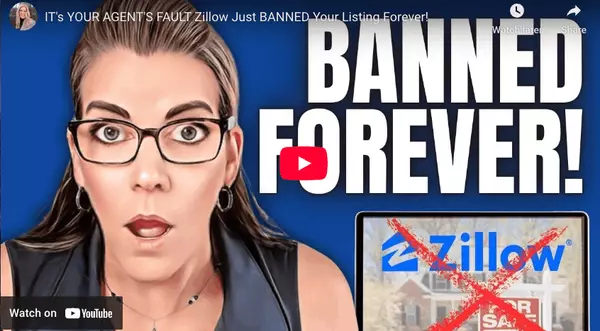OVER 60 - BUYING a Home? The Rules Have Changed!!
OVER 60 - BUYING a Home? The Rules Have Changed!!
Hi, it's me, Kati. If you’re over 60 and thinking about buying a home—whether it’s downsizing, relocating, or just moving into your “next chapter” property—I’m going to walk you through what’s really going on in today’s real estate market. Spoiler: the rules have changed, and if you don’t know what’s happening, you could end up frustrated, overpaying, or missing out entirely. But don’t worry—I’ve got you.
Home Buying Has Changed for Seniors
Let’s start here: the home buying process is not what it used to be 20 years ago. From fast-moving listings to financing restrictions for retirees, and even how agents work—everything has shifted. If you don’t understand these changes, you could lose the perfect home to someone more prepared.
Why Your Agent Matters More Than Ever
Here’s the truth: not all agents are created equal. Many buyers assume all realtors know how to handle every type of client and every type of market. That’s just not the case. You want an agent who has closed at least 150 homes in the last 5 years. Why? Because experience matters. Especially when you’re over 60, your needs and timeline are different—and you deserve someone who understands that.
Why Some Homes Are Gone Before You Even Make an Offer
Buyers are often shocked when a home disappears hours after they tour it. It happens all the time. In this market, if you’re serious about a home, your agent should be proactively communicating with the seller’s agent immediately—not 12 hours later. Timing is everything, and hesitation (even just overnight) could cost you the house.
Retired? Here’s the Mortgage Surprise
Another major change? Retired buyers often struggle to get a mortgage—even with millions in the bank. Why? Because lenders look at income, not just assets. That means no matter how much you’ve saved, if you don’t have income coming in, your debt-to-income ratio might be too high to qualify. Talk to a lender early—even before you think you’re ready to buy.
Should You Sell Before You Buy?
This is one of the most stressful parts of the process. If you don’t know where you’re going, don’t list your house yet. Start by understanding the inventory in your target area. If you're selling and buying at the same time, be prepared with a Plan B or even Plan C. That might mean temporary housing or creative financing options.
Buyer Commissions Have Changed, Too
Let’s talk about the NAR lawsuit changes in 2024. Buyers are now expected to sign an agreement that outlines how their agent gets paid—this is new. In many markets, sellers are still covering the buyer’s agent fee, but that’s not guaranteed. What matters most is having these conversations early, knowing what’s negotiable, and not letting it scare you away from a great home.
The Right Time to Buy?
The right time is when you’re financially and emotionally ready. For many buyers over 60, that includes thinking about accessibility, maintenance, community, and legacy planning. But it’s also about market timing. Winter may be quieter and offer more negotiation room. Spring has more listings—but also more competition. Again, your agent should help you weigh your options.
Buying a home over 60 doesn’t have to be overwhelming. You just need the right information and the right people in your corner. If you haven’t already, download my free Seller’s Playbook—it’s packed with insights even if you’re buying. And don’t forget to join my Facebook group where I answer questions, host Q&As, and help real homeowners just like you make confident, informed decisions.
Have questions about your specific situation? Drop a comment or reach out—I’m here to help.
Recent Posts
